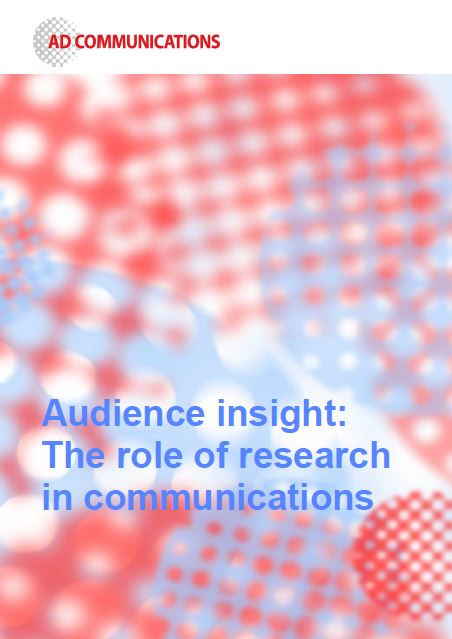I have a paradoxical relationship with the use of research in PR. Having studied research methodology at university, I chuckle quietly to myself as a certain UK newspaper (which shall remain nameless, but really you all know which one I mean don’t you?) runs entirely contradictory ‘research’ headlines mere days apart. Yet despite this, I also write page after page of long-form content that just wouldn’t work without research to inform it.
So how do I sleep at night you may ask?
Quite soundly in fact, because the difference between headline-manufacturing and high quality research-led content lies in the validity of the research.
A few years back I attended an industry body training session on using research in PR. The whole session jarred somewhat as it was clear that the instructor was really only there to promote his agency, which offered research studies specifically tailored for use in press releases. He even went so far as to tell us that they could advise clients on how to shape a research study so that the findings would correlate with exactly what the client wanted them to ‘reveal’. The whole thing struck me as deeply unethical.
Fortunately it turns out that I was not alone there. As journalists like The Guardian’s Ben Goldacre have increasingly shone a spotlight on such questionable practices, the media have become increasingly savvy about the credibility of research. As a result, transparency about methodology is crucial when research is being used as the basis on which to build a communications campaign.
This pleases me because there is so much more to using research in communications than highlighting sensationalist statistics. As I’ve mentioned, it can be conducted pre-campaign as a base from which to define objectives and develop a communications strategy. It can also be used to inform post-campaign evaluation. And as the basis for branded, social, education and other content of course.
Perhaps it is because one of my first ever clients was a market research organisation, but I’ve always thought that research and PR ought to be quite closely allied. After all, how can you possibly hope to change perceptions if you don’t know what they are to start with?
To learn more about the role that research can play in communications, please download AD’s new white paper here.
